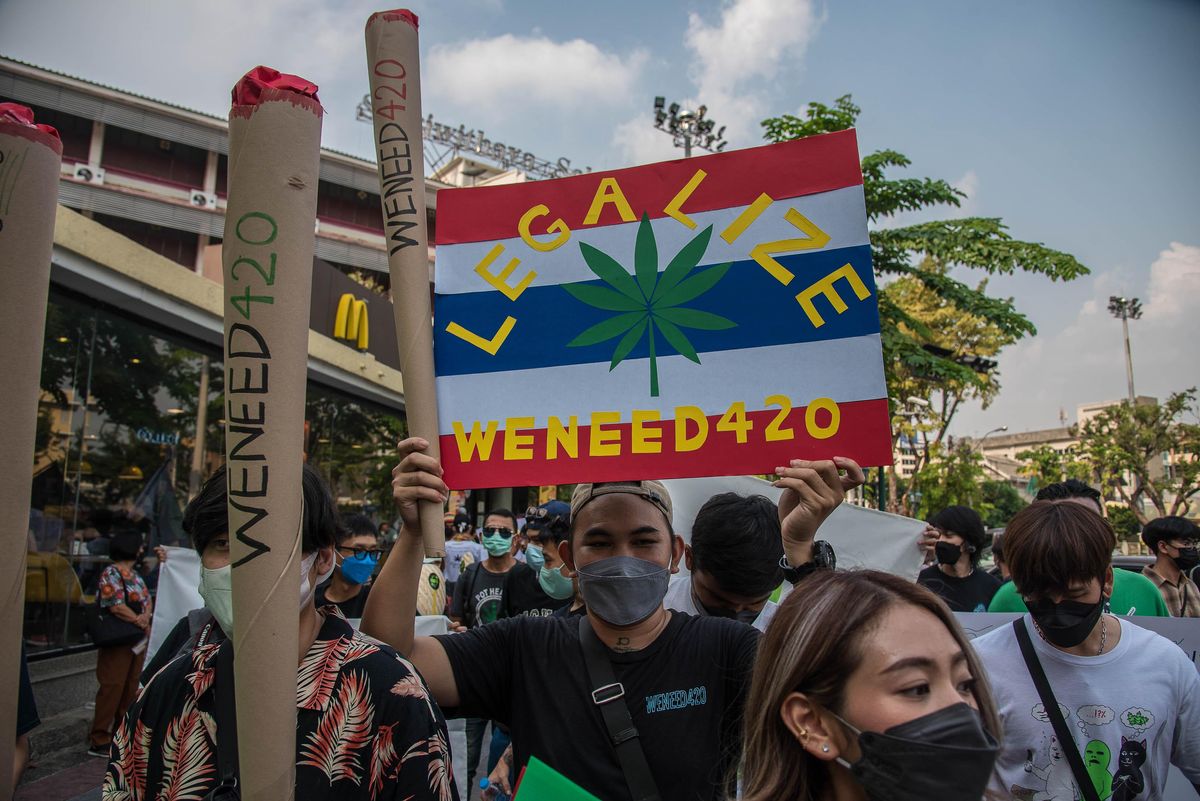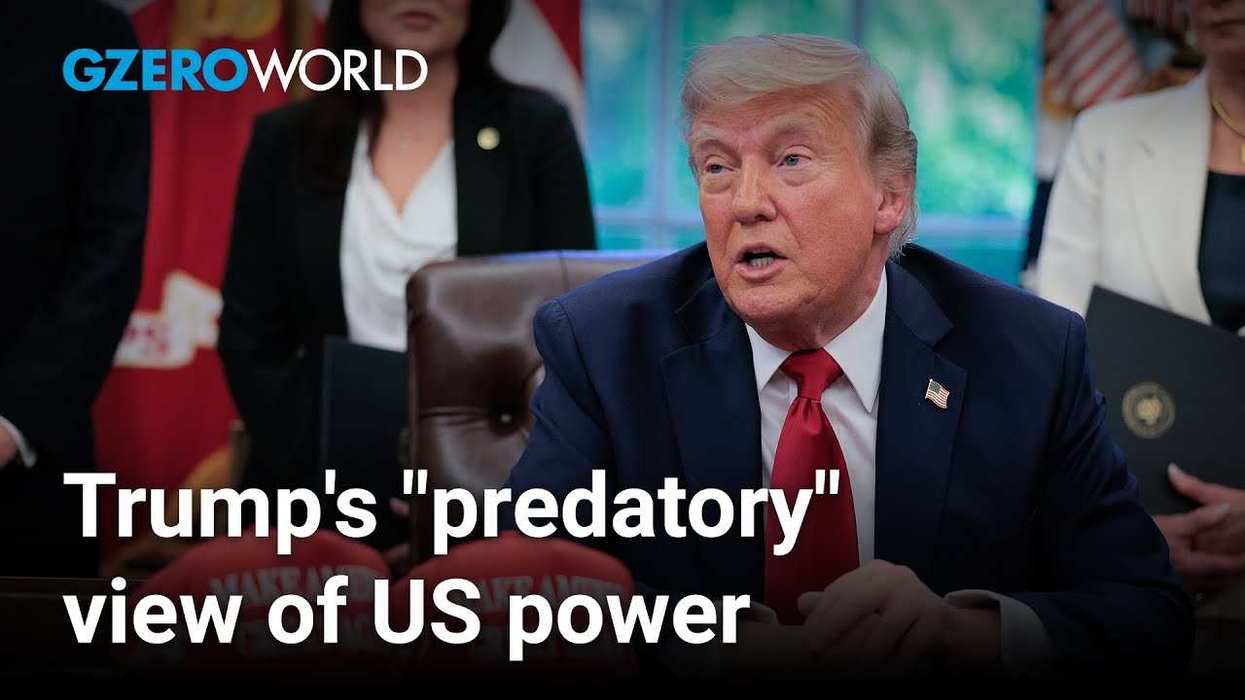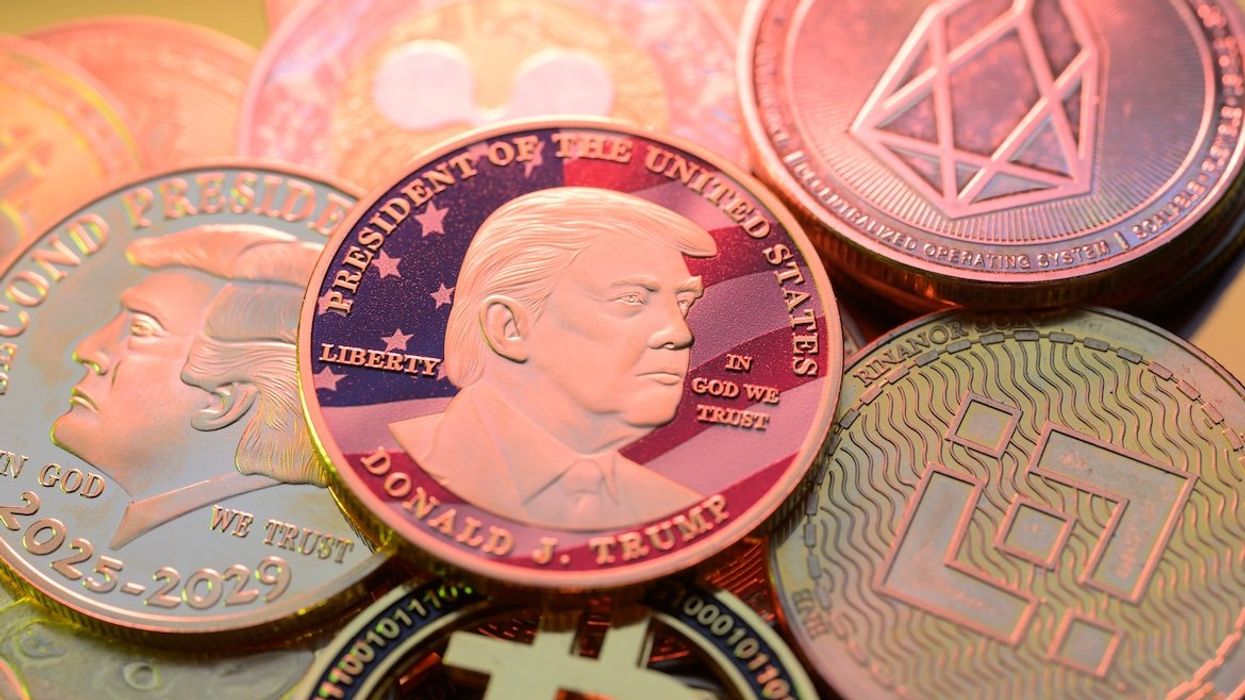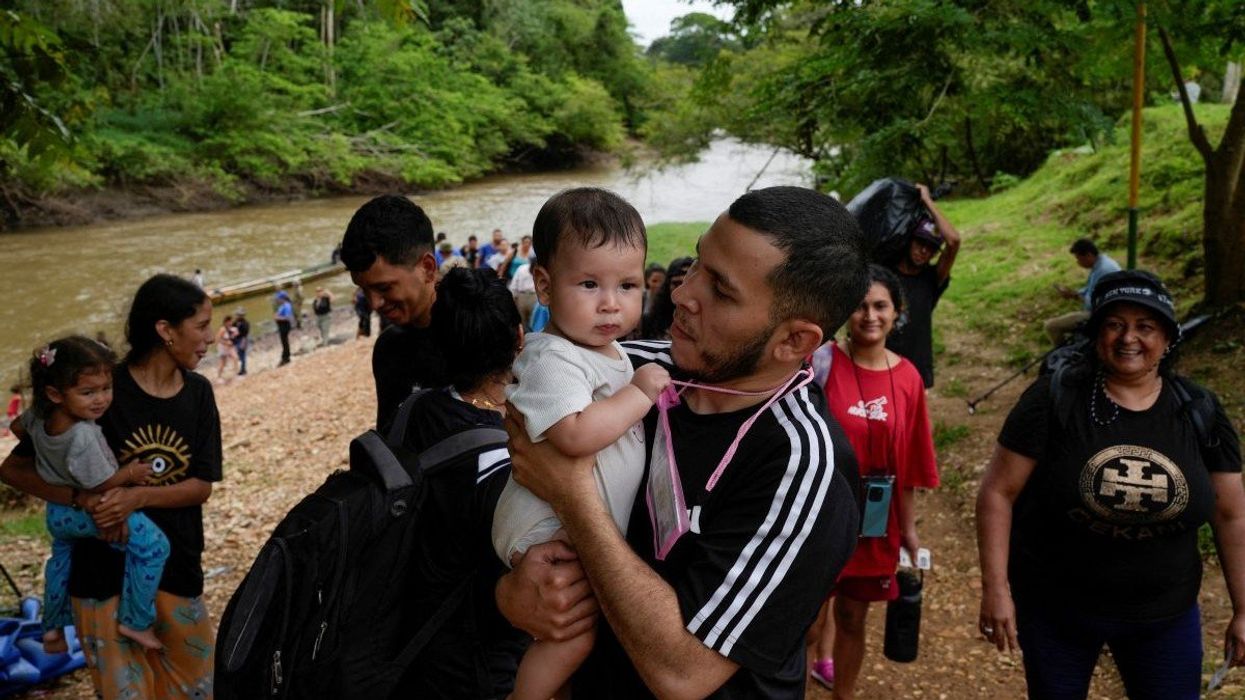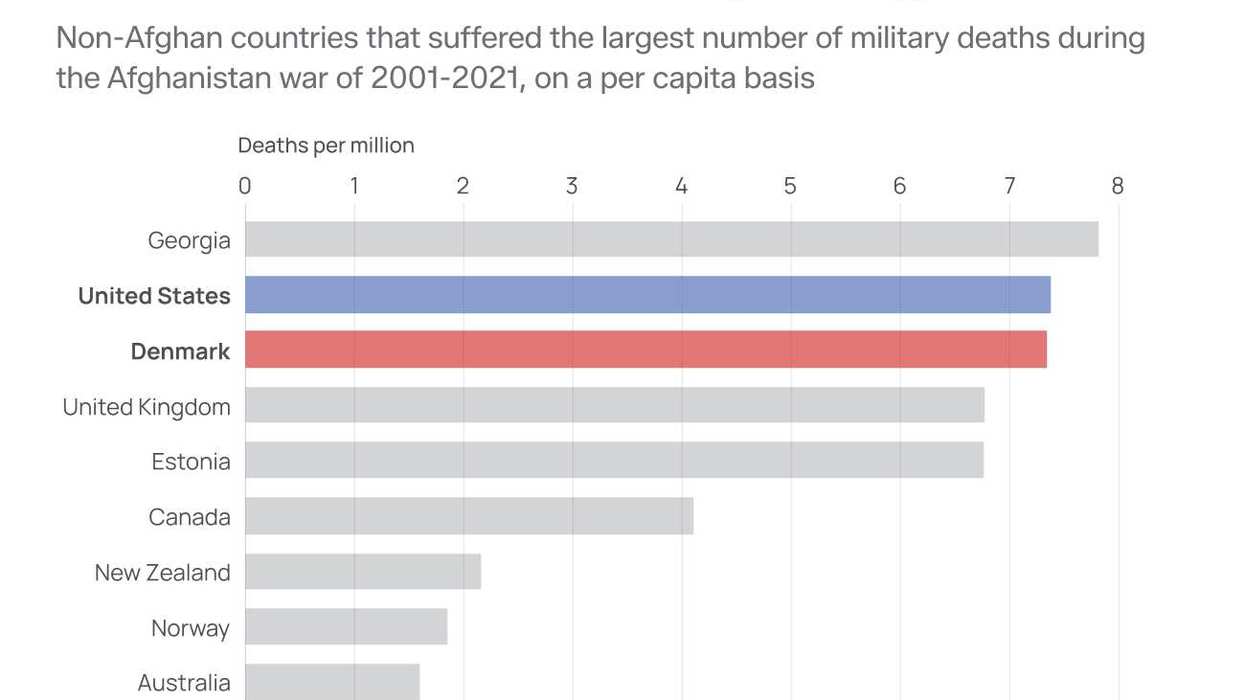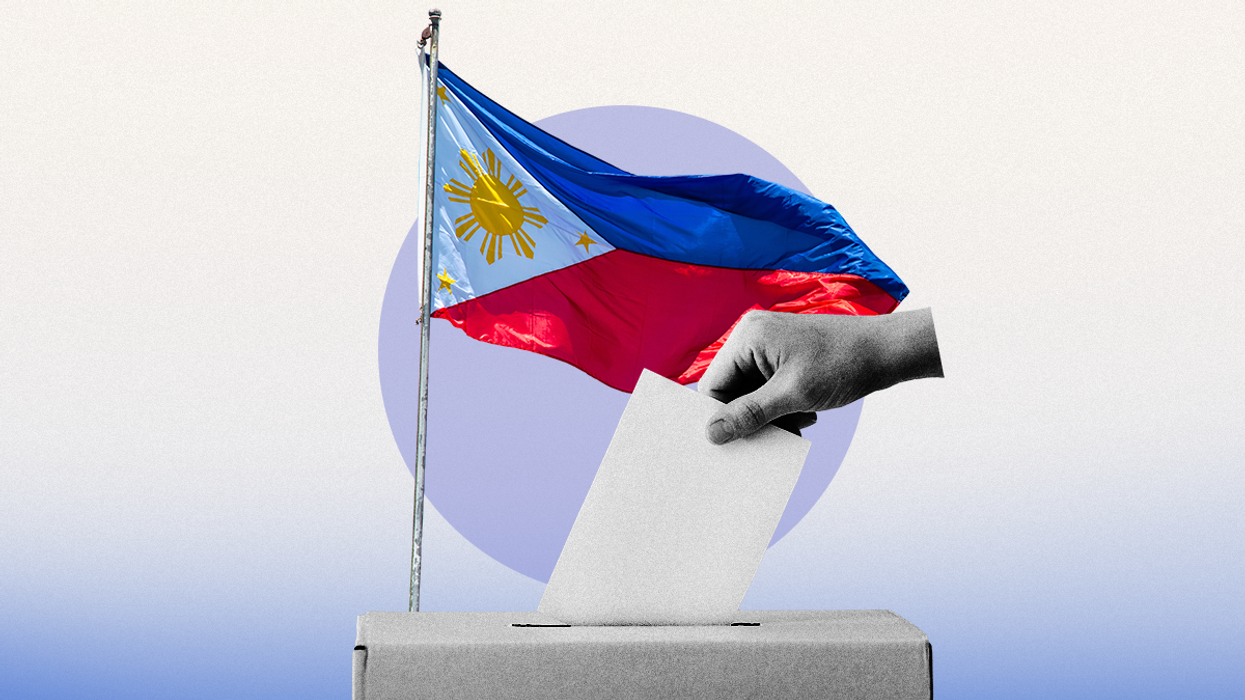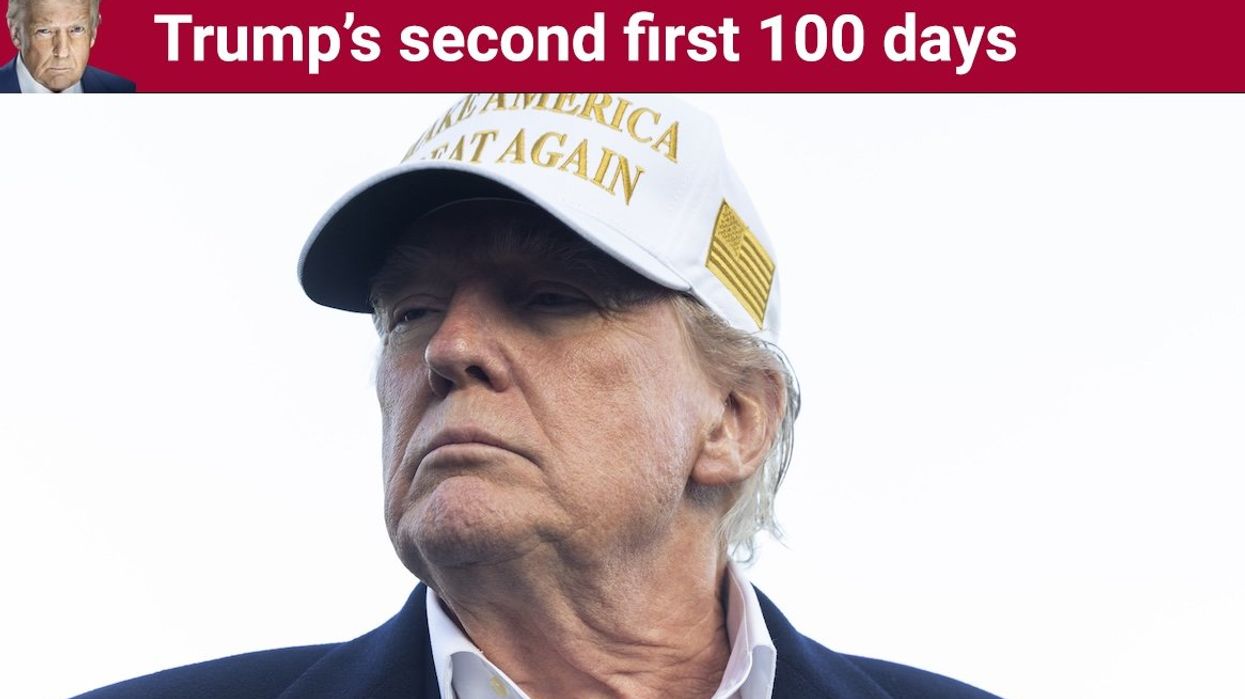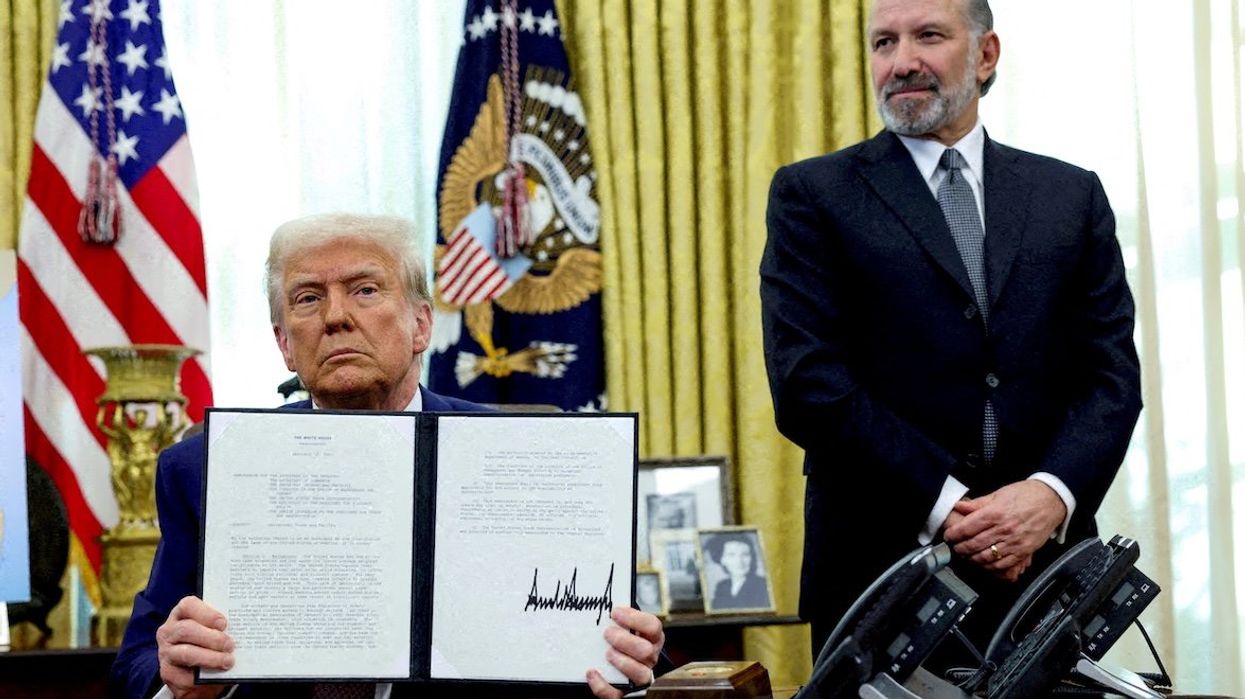Thailand, famous for having some of the toughest anti-drug laws in the world, recently became the first Asian country to decriminalize cannabis. Still, a tangle of laws — and messy domestic politics — make it unclear whether recreational use and possession will be prosecuted now, or in the future. Huh? We asked Eurasia Group analyst Peter Mumford to make sense of it all.
How did we get here?
Thailand has traditionally taken a very conservative approach to drugs and punished those caught with even small amounts of certain narcotics with lengthy prison terms or even the death penalty. But the junta that took over after the 2014 military coup decided to change course. Its justice minister admitted that anti-drug policies had failed to eradicate consumption — yet succeeded in fostering police corruption and filling overcrowded jails with minor offenders, mostly from disadvantaged backgrounds.
In 2017, the generals began reducing penalties for possession, import/export, and production of narcotics; a year later, Thailand became the first country in Asia to legalize medical marijuana.
What happened next?
Ahead of the 2019 elections, the first since the coup, the Bhum Jai Thai (Thai Pride) party made legalizing cannabis its central policy proposal, vowing to allow households to grow weed as a cash crop and develop the medical marijuana sector. This niche but fairly popular policy agenda helped the BJT, a medium-sized party, stand out in a crowded electoral field. It ended up winning the fifth-largest number of seats in parliament and joining the coalition government led by Prime Minister Prayuth Chan-ocha, the same army chief who seized power in 2014.
Prayuth appointed BJT leader Anutin Charnvirakul, a staunch advocate of cannabis legalization, as deputy PM and health minister, enabling him to push harder for decriminalization. Subsequent defections by MPs from other parties resulted in BJT becoming the second-largest party in the ruling coalition, giving it even more clout. As Prayuth has struggled to manage an increasingly fractious coalition and stop attempts to oust him, he has become more dependent on the BJT to stay in power.
It is in this context that the general-turned-PM caved to the party's signature demand, which the BJT chalks up as a major victory and hopes will bolster its prospects in the next elections, due by May 2023.
So, is weed now really legal?
Yes and no. Anyone is now free to grow, consume, and trade domestically sourced cannabis plants, with the previous licensing scheme for medical marijuana cultivation now scrapped. However, cannabis extracts are treated differently: those containing more than 0.2% of THC, basically what makes you high, are still classified as illegal narcotics. All extracts derived from foreign plants are also banned, regardless of THC content. The regulatory situation is hazy and rapidly evolving, though.
What about recreational use?
The government was caught off guard by the surge in recreational use after the regulatory changes. Claiming this was not its intention, it has moved quickly to re-establish controls.
Authorities have warned that inappropriate use, including smoking weed in public, will be prosecuted under public nuisance and health laws, though “inappropriate” is vaguely defined, with the government implying it might refer to any recreational use. Selling and consumption by minors and pregnant women are also illegal.
Furthermore, while growing marijuana is allowed, cultivators need to register with the Thai FDA. Within two days of decriminalization, the agency announced 32 million visits to its Plookganja (grow ganja) website and mobile application, and nearly 600,000 Thais registered to grow cannabis and hemp.
Why is the new legislation so confusing?
It seems that the Thai government liberalized marijuana without thinking through all the implications or putting a new regulatory/policy framework in place.
The cannabis and hemp bill, planned before marijuana was legalized, is now moving slowly through Thailand's notoriously tedious lawmaking process. When passed, the law will likely reaffirm/reimpose restrictions on the use of cannabis, potentially even re-criminalizing all forms of recreational use.
What if you're a foreigner looking to visit Thailand soon — can you legally buy weed?
For the moment, yes. But since the regulatory framework is in flux, purchasing cannabis is risky. Anutin has warned foreigners not to come to Thailand for ganja tourism, possibly as part of his broader push for “higher quality” tourists.
Do you think neighboring countries will follow Thailand’s lead?
Unlikely, given very strict rules and penalties on drug consumption in most of the region, although Indonesia has started the conversation on legalizing medical marijuana.
Governments in China and Singapore have reminded their citizens and residents that the harsh penalties in place for drug use in those countries also apply to consumption overseas. Other governments in Asia may issue similar warnings. . Tourists going to Thailand will need to be extra careful as drinks and food containing marijuana can be bought from convenience stores and may not be clearly labeled.
Similarly, the Thai government has warned its own nationals that they risk landing in serious trouble if they travel to other Asian countries soon after consuming cannabis at home, as the drug could still be detectable.